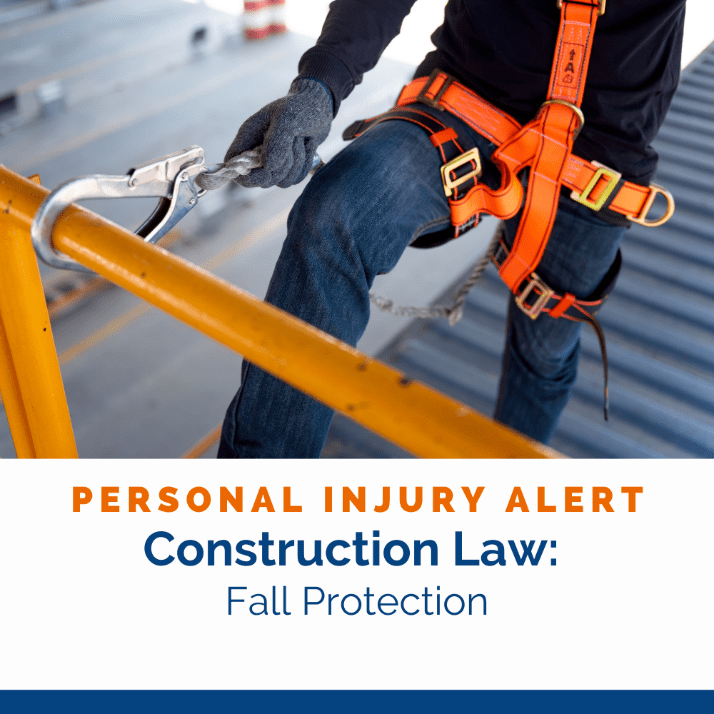
Washington State staunchly advocates for the well-being of its workers. WAC 296-880-10010 stands as a vital regulation, emphasizing the imperative need for fall protection regardless of height.
Understanding WAC 296-880-10010: An Overview of Fall Protection Standards
WAC 296-880-10010 delineates key directives, underscoring the following fall protection measures:
- Guarding Open-Sided Areas: Employers must install a standard guardrail system to safeguard open-sided floors, walkways, platforms, or runways, regardless of height. This includes areas above or adjacent to dangerous equipment like dip tanks and material handling equipment.
- Hole Guarding Measures: Employers must guard holes using either a cover of standard strength and construction or a standard guardrail system, preventing employees from tripping, stepping into, or stepping through.
- Impalement Hazard Protection: Irrespective of height, employers must protect employees from falling into or onto impalement hazards, such as reinforcing steel (rebar), exposed steel, or wood.
Read more about WAC 296-880-10010
Safety Beyond Elevations: Ensuring Worker Well-being
WAC 296-880-10010 reinforces the commitment to worker safety by mandating comprehensive fall protection measures. Whether working on elevated platforms or at ground level, the regulation underscores the necessity of safeguarding employees from potential fall hazards.
GLP Attorneys: Advocates for Fall-Injured Workers
If you’ve experienced an injury while working on a construction project due to a lack of fall protection, GLP Attorneys is here to help. Our construction injury attorneys specialize in holding companies accountable for negligence in ensuring fall safety as per regulations like WAC 296-880-10010. Give one of our construction injury attorneys a call to discuss the facts of your case at 800-273-5005 or fill out our contact form here.
